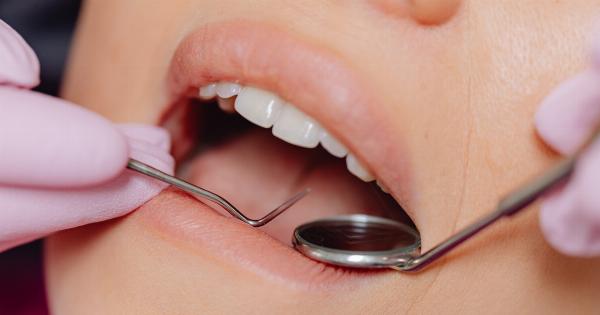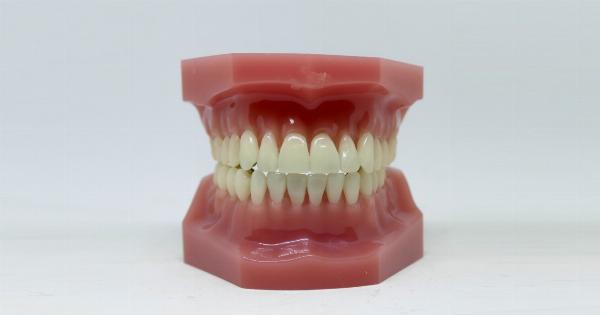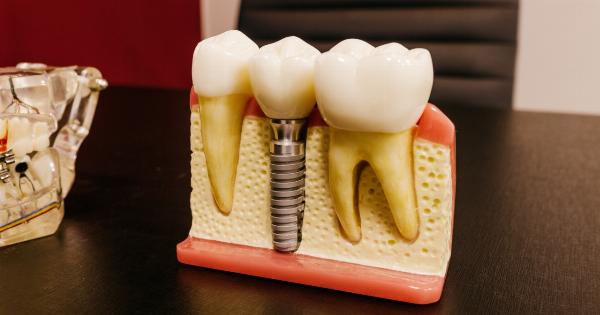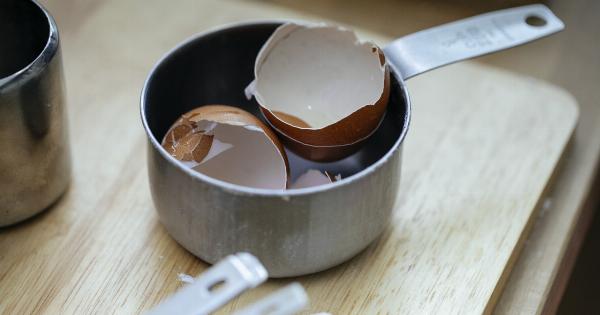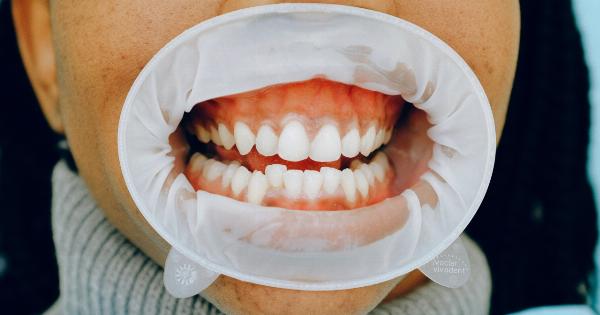Eating ice cream and granites is a delightful treat, but for some individuals, it can be a painful experience due to sensitivity. The sensitivity can range from mild discomfort to sharp, stabbing pain in the teeth and gums.
However, there are several ways to avoid sensitivity while enjoying these icy treats. In this article, we will explore ten effective strategies to help you indulge in your favorite ice cream and granites without any discomfort.
1. Choose a warmer temperature
One of the simplest ways to avoid sensitivity while eating ice cream and granites is to opt for a warmer temperature. Rather than diving into an extremely cold bowl of ice cream or biting directly into a frosty granite, let it sit out for a few minutes.
Allowing it to slightly soften will reduce the intensity of the cold sensation and minimize sensitivity.
2. Take smaller bites
Eating smaller bites can help immensely in reducing sensitivity. By taking small, manageable bites, you are giving your teeth and gums less exposure to the cold temperature.
This minimizes the chance of triggering any sensitivity and allows you to enjoy your treat without discomfort.
3. Use a straw or spoon
Another technique to avoid sensitivity is to use a straw or spoon when consuming ice cream or granites. By sipping or spooning small amounts, you can bypass direct contact between the frozen treat and your teeth.
This method is especially helpful for individuals with severe sensitivity.
4. Opt for low-sugar alternatives
Sensitivity can be heightened by high sugar content in ice cream and granites. Consider opting for low-sugar or sugar-free alternatives.
These options not only have reduced sugar content but are also often formulated to be less cold-sensitive, making them a great choice for sensitive individuals.
5. Try desensitizing toothpaste
Desensitizing toothpaste can provide relief from tooth sensitivity when used regularly. Brushing your teeth with a desensitizing toothpaste can strengthen your tooth enamel, reducing sensitivity to cold temperatures.
Make sure to follow the instructions provided by the toothpaste manufacturer for best results.
6. Maintain good oral hygiene
Sensitivity can worsen if you have underlying oral health issues. By practicing good oral hygiene, you can minimize the risk of sensitivity. Brush your teeth twice a day, floss regularly, and visit your dentist for routine check-ups.
Proper oral care can alleviate sensitivity and allow you to enjoy your ice cream and granites without discomfort.
7. Use a mouthguard or dental sealant
For individuals with severe sensitivity, using a mouthguard or dental sealant can be beneficial. These protective measures act as a barrier between your teeth and the cold treat, reducing the direct contact that triggers sensitivity.
8. Try numbing gels or rinses
If your sensitivity persists even after trying the above methods, consider using numbing gels or rinses. These over-the-counter products temporarily numb the nerves, providing quick relief from sensitivity and allowing you to enjoy your frozen treats.
9. Limit acidic food and beverages
Acidic food and beverages can erode tooth enamel, increasing sensitivity. Try to limit your consumption of citrus fruits, sodas, and other acidic substances.
If you do indulge, rinse your mouth with water afterward to neutralize the acids and protect your teeth.
10. Visit a dentist
If sensitivity persists or worsens despite trying various home remedies, it is crucial to consult a dentist. A dentist can determine the cause of your sensitivity, identify any underlying dental issues, and recommend appropriate treatments.
Seeking professional dental care is vital for long-term oral health and pain-free enjoyment of ice cream and granites.
Conclusion
Sensitivity while eating ice cream and granites can put a damper on this delightful treat. However, by following the ten strategies mentioned above, you can alleviate sensitivity and savor these icy delights without any discomfort.
Remember to choose warmer temperatures, take smaller bites, consider low-sugar alternatives, use a straw or spoon, and practice good oral hygiene. Additionally, desensitizing toothpaste, mouthguards, numbing gels, and limiting acidic foods can also help. If sensitivity persists, consulting a dentist is recommended.
Don’t let sensitivity ruin your ice cream and granites experience – implement these techniques and enjoy every bite!.



